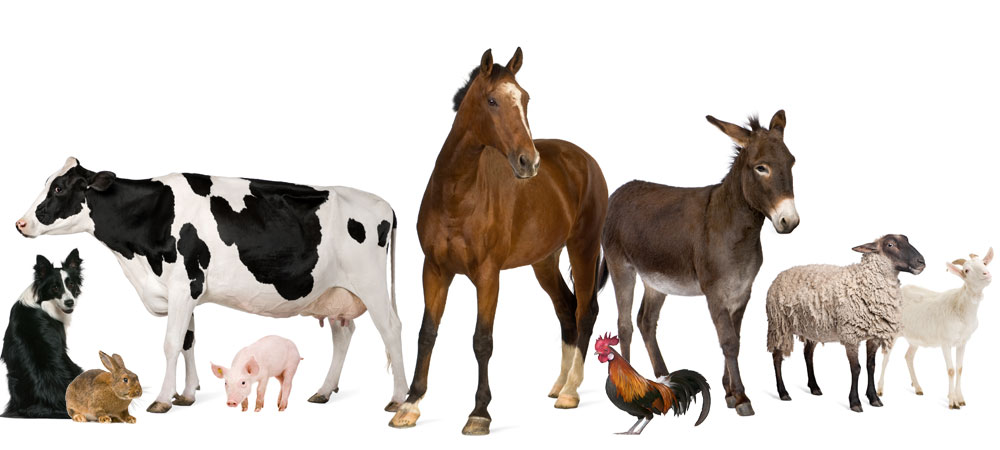Why Allergies to Animals Happen and How to Avoid Reactions

Having an allergy to animals can be devastating for pet lovers. The symptoms of a pet allergy can range – from congestion and itchiness, to skin irritation and rashes – making it difficult to be around animals. There’s a reason these reactions happen, and there are ways to help avoid them, too.
Why allergies to animals happen
Animals have dander that sheds from their skin, and when inhaled, it causes histamine to release in the body. The release of histamine can cause symptoms like wheezing, coughing, congestion, itchiness, and more.
A lot of people think it’s the fur of the animal that make you itch, but it’s this flaky skin – along with saliva and urine. Direct contact with saliva and urine can cause atopic dermatitis, a rash with itchy, inflamed skin that occurs if you’re allergic.
Most common animal allergies
A lot of people jump to the usual pets that cause allergic reactions – like cats and dogs. But almost any animal with fur can cause reactions, including:
- Guinea pigs
- Rabbits
- Hamsters
- Chickens
- Horses
- Sheep
- Cows
- Even pigs
Even if you’re not directly exposed to these animals, being in a place where these animals have been, or being near people who have dander on their clothes, can cause symptoms to flare.
How to avoid reactions
The best way to avoid reactions is to treat the cause of the allergy itself. Through allergy drop immunotherapy following The La Crosse Method™ Protocol, the body is introduced to low levels of the allergens that trigger your symptoms through a drop under the tongue. Slowly and safely, the amount of allergen is increased in the drops as tolerance grows.
Over time, the body learns to not react when exposed to offending allergens, so that reactions are lessened. Many people can welcome pets back into their homes symptom free after successful treatment. And if you can’t part with your pet, taking treatment with a pet in the home is also an option.
While you work on building tolerance, there are several ways you can reduce reactions:
- Keep pets out of the bedroom to avoid all-night exposure
- Give your pet frequent baths to lessen the amount of dander
- Vacuum often use and use HEPA air filters
If you’re ready to treat the cause and stop reacting to your furry friends, find a provider near you that offers allergy drop therapy following The La Crosse Method.

